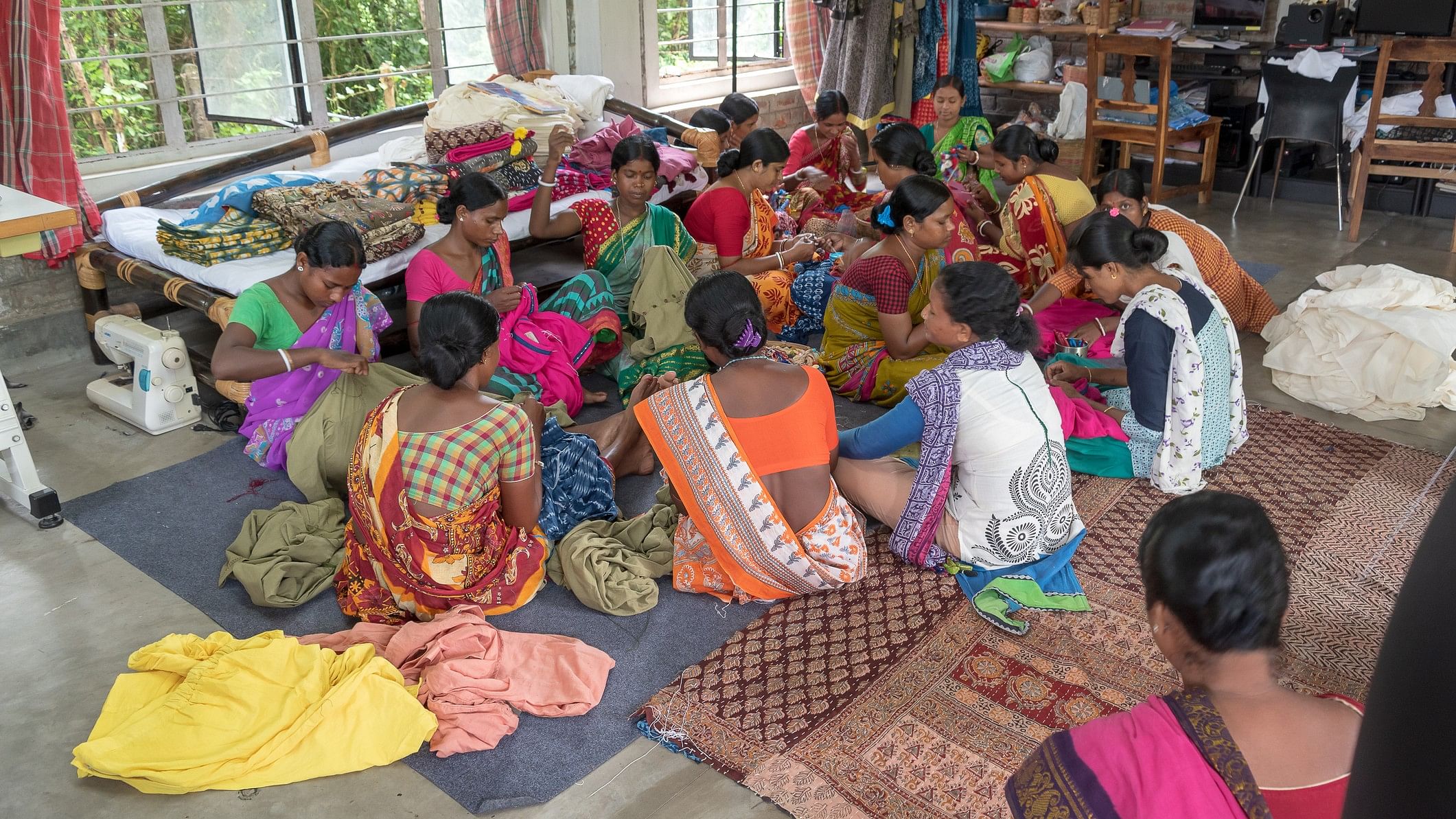
The policy ensures equal rights and opportunities for women and men in all state government development activities. Image for representation.
Credit: iStock Photo
Ahmedabad: The Gujarat government has launched a reformulated 'State Policy for Gender Equity- 2024' by broadening its scope of work with the aim of ensuring inclusive development and empowerment of women and girls, an official said on Sunday.
The objective of the reformed policy is to ensure an enabling environment for women and girls that further promotes just and equal opportunities, eliminates gender discriminations, and accomplishes inclusive development and empowerment through changes in social structures, Chief Minister Bhupendra Patel said in his message to the policy document released during the day.
The 'Naari Gaurav Niti' was first formulated and implemented in 2006 under the leadership of then chief minister and current Prime Minister Narendra Modi, a government release said.
"Gujarat was the first state to include gender issues into the mainstream development agenda, striving to achieve gender equality through a comprehensive policy aimed at the overall development of women. Due to changing socio-economic contexts and evolving laws, regulations and social conditions, it became necessary to modify the original framework and related aspects of the policy," it said.
"Naari Gaurav Niti-2024 integrates eight areas of focus and will be implemented through the coordination of various departments for the overall development of women in the state. Each department has been given the responsibility of taking action on the issues related to their sectors as outlined in the policy," the release added.
The policy ensures equal rights and opportunities for women and men in all state government development activities, eliminates discriminatory attitudes and practices, ensures their fundamental rights and establishes a system-based on equality and uniformity, it said.
"The need for reformulation of the 2006 policy arose due to evolving socio-economic perspectives, new laws and regulations and shifting conditions. It is also required to be aligned with global sustainable development goals. The reformulated policy expands the scope of existing areas and introduces new ones," the policy document said.
Some of the areas covered are education and sports, protection against violence, health, nutrition and quality of life, impact of environment and climate change, social security and welfare, science and technology, economic environment, administration and decision-making powers.
Various departments have been entrusted with the responsibility of the implementation of the policy within a given timeline, and certain indicators formulated for the monitoring administrative capacities of women, reduction in maternal mortality rate, improvement in sex ratio at birth, increase in female employment rate, among others, the document stated.
It also delineates certain points that need to be considered while formulating a new scheme, such as a mandatory integration of a gender equality perspective, aligning budget allocation for the scheme/programme with gender equality considerations, striving for gender balance in the distribution of benefits, the release added.